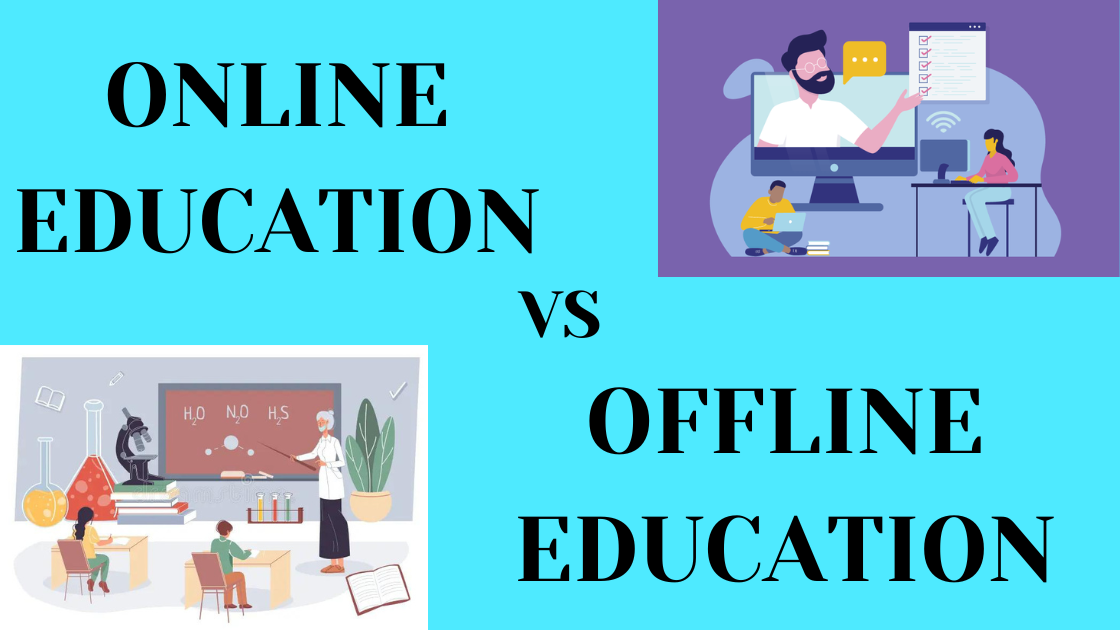In the digital age, education has undergone a remarkable transformation, offering learners diverse options for acquiring knowledge. The emergence of online education has presented us with a conundrum: should we choose offline education, with its traditional classroom setting, or embrace the convenience and flexibility of online learning? In this article, we will explore the merits of both approaches and consider the factors that can help us make an informed decision.
The Benefits of Offline Education:
- offline education, the familiar brick-and-mortar classroom setting has stood the test of time.
- It offers a structured learning environment that allows for direct interaction between students and teachers. In this scenario, you, as a student, can benefit from immediate feedback and clarification of doubts, fostering deeper understanding and engagement.
- The physical presence of instructors facilitates face-to-face discussions and fosters a sense of community among classmates.
- Moreover, offline education often provides access to resources such as libraries, laboratories, and extracurricular activities, enriching the overall educational experience.
- Offline education helps student to develop in there skills.
- teacher can clarify everyone doubts and problem give there undivide attention to each student.
The Benefits of Online Education:
- On the other hand, online education has witnessed exponential growth due to its inherent flexibility and accessibility.
- As an individual, you can access a vast array of courses and programs, often from renowned institutions, regardless of geographical limitations.
- The convenience of learning from anywhere and at any time allows you to customize your study schedule to suit your needs.
- The use of digital tools and interactive platforms can enhance your learning experience, catering to various learning styles.
- Additionally, online education often comes at a lower cost, eliminating expenses associated with commuting or accommodation.
- For certification programe online education is best rather than offline
- student can develop there time management ,self discipline and also they easily speed up there learning pace.
The Considerations for Choosing:
When deciding between offline and online education, several factors should be taken into account,
Firstly, consider your learning style and preferences. Some individuals thrive in the structured environment of a physical classroom, while others appreciate the flexibility and self-paced nature of online learning.
Secondly, consider the program or course you wish to pursue. Certain fields, such as hands-on scientific experiments or performing arts, may require in-person instruction.
Thirdly, evaluate your availability and personal circumstances. If you have work commitments, family responsibilities, or live in a remote area, online education may offer the most viable option.
so according to your preferences and circumtances you can choose which one is better for you.
Conclusion:
In the pursuit of knowledge, the choice between offline and online education ultimately rests upon your unique circumstances and preferences. Offline education facilitates direct interaction, immediate feedback, and access to physical resources, fostering a sense of community. Conversely, online education offers flexibility, accessibility, and a diverse range of courses, tailored to individual needs. By evaluating your learning style, program requirements, and personal circumstances, you can make an informed decision. Ultimately, both offline and online education have their merits, and it is up to you and I, as learners, to embrace the approach that best aligns with our educational goals and aspirations
